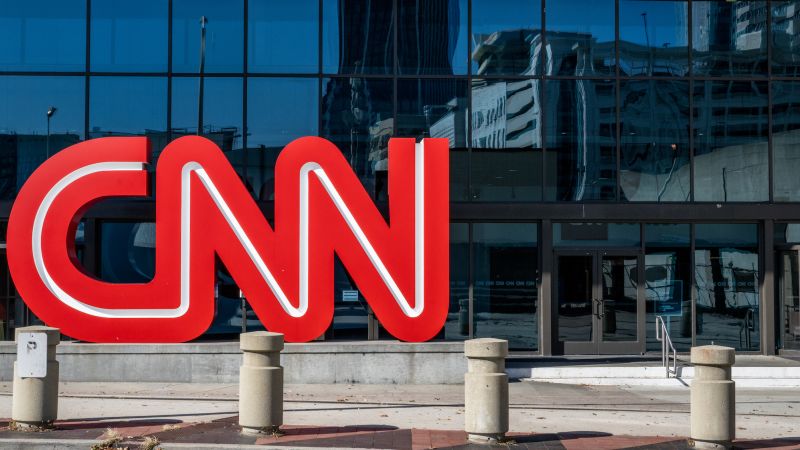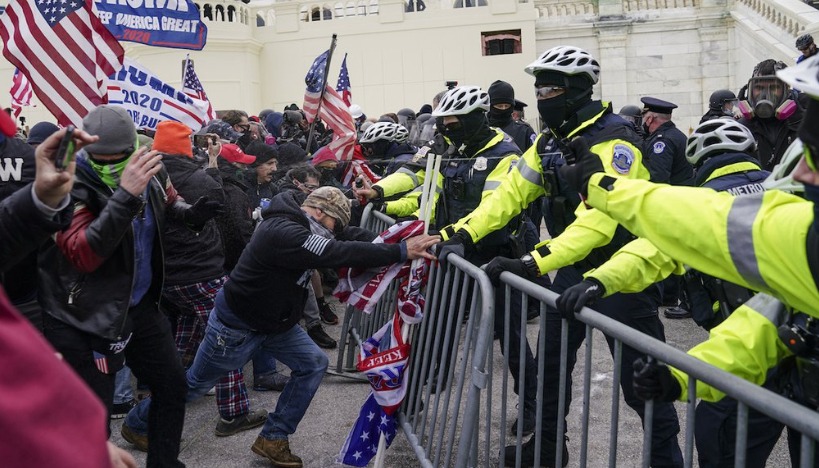Federal Judge Dismisses Trump’s Defamation Lawsuit Against CNN
A federal judge in Florida has dismissed former President Donald Trump’s $475 million defamation lawsuit against CNN. The lawsuit accused the network of defaming Trump by using the phrase “the big lie” and comparing him to Adolf Hitler. However, District Judge Raag Singhal, a Trump appointee, ruled that these statements are opinions and do not meet the standard for defamation.
Opinions, Not Defamation
Judge Singhal stated that CNN’s use of the phrase “the big lie” does not imply that Trump advocates persecution or genocide. He emphasized that no reasonable viewer could make that inference. Singhal also noted that calling someone “Hitler-like” is not a verifiable statement of fact that would support a defamation claim.
One of Many Lawsuits
This lawsuit is just one of several that Trump has filed against media outlets, including CNN, The New York Times, and The Washington Post. These lawsuits stem from coverage during his presidency and the aftermath of the 2020 presidential election, which he lost to Joe Biden.
No False Statements of Fact
Singhal acknowledged that Nazi references in political discourse are repugnant, but he clarified that bad rhetoric is not defamation unless it includes false statements of fact. In this case, the judge found no such false statements made by CNN.
Trump Campaign’s Response
Trump campaign spokesperson Steven Cheung agreed with the judge’s findings, stating that CNN’s statements about President Trump are repugnant.
CNN’s Silence
CNN declined to comment on the decision.
Stay Updated
This story has been updated with additional information.
Read the Full Story
To get all the details and insights into the federal judge’s dismissal of Trump’s defamation lawsuit against CNN, read the full story here.
Title: Judge Rules in Favor of CNN, Stating ‘Big Lie’ about Trump Not Defamatory
Introduction
In a recent legal battle between CNN and former President Donald Trump, a judge has ruled in favor of the news network, stating that their claims about the “Big Lie” regarding Trump’s election fraud allegations were not defamatory. This ruling has significant implications for the ongoing debate surrounding freedom of the press, the responsibility of media outlets, and the impact of false information on public discourse.
Background
The term “Big Lie” gained prominence during the aftermath of the 2020 United States presidential election. Former President Trump and his supporters claimed that the election was stolen through widespread voter fraud, despite numerous courts, election officials, and the Department of Justice finding no evidence to support these allegations. CNN, among other news outlets, reported on these claims, referring to them as the “Big Lie” due to their lack of factual basis.
The Lawsuit
Donald Trump filed a defamation lawsuit against CNN, arguing that their characterization of his election fraud claims as the “Big Lie” was false and damaging to his reputation. He claimed that the network knowingly spread false information with the intent to harm his public image. CNN, on the other hand, argued that their reporting was based on verified facts and protected under the First Amendment.
The Judge’s Ruling
After careful consideration of the arguments presented by both parties, the judge ruled in favor of CNN, stating that their characterization of Trump’s claims as the “Big Lie” did not meet the legal threshold for defamation. The judge emphasized that the term was used as a rhetorical device to express an opinion rather than a statement of fact. Furthermore, the judge highlighted the importance of protecting freedom of the press and the public’s right to access information, even if it involves criticism of public figures.
Implications and Significance
This ruling carries significant implications for the ongoing debate surrounding the role of media outlets in reporting on public figures and their statements. It reaffirms the importance of freedom of the press and the ability of news organizations to express opinions based on verified facts. However, it also raises questions about the responsibility of media outlets to ensure the accuracy of their reporting and the potential consequences of spreading false information.
The ruling also highlights the challenges faced by the public in navigating the complex landscape of information in the digital age. With the proliferation of social media and the ease of spreading misinformation, it becomes crucial for individuals to critically evaluate the sources and veracity of the information they consume.
Conclusion
The recent ruling in favor of CNN in the defamation lawsuit filed by Donald Trump underscores the importance of protecting freedom of the press and the ability of news organizations to express opinions based on verified facts. While this ruling may be seen as a victory for CNN, it also serves as a reminder of the responsibility media outlets have in ensuring the accuracy of their reporting. As society grapples with the challenges of misinformation and the impact it has on public discourse, it becomes imperative for individuals to exercise critical thinking and discernment when consuming news and information.








